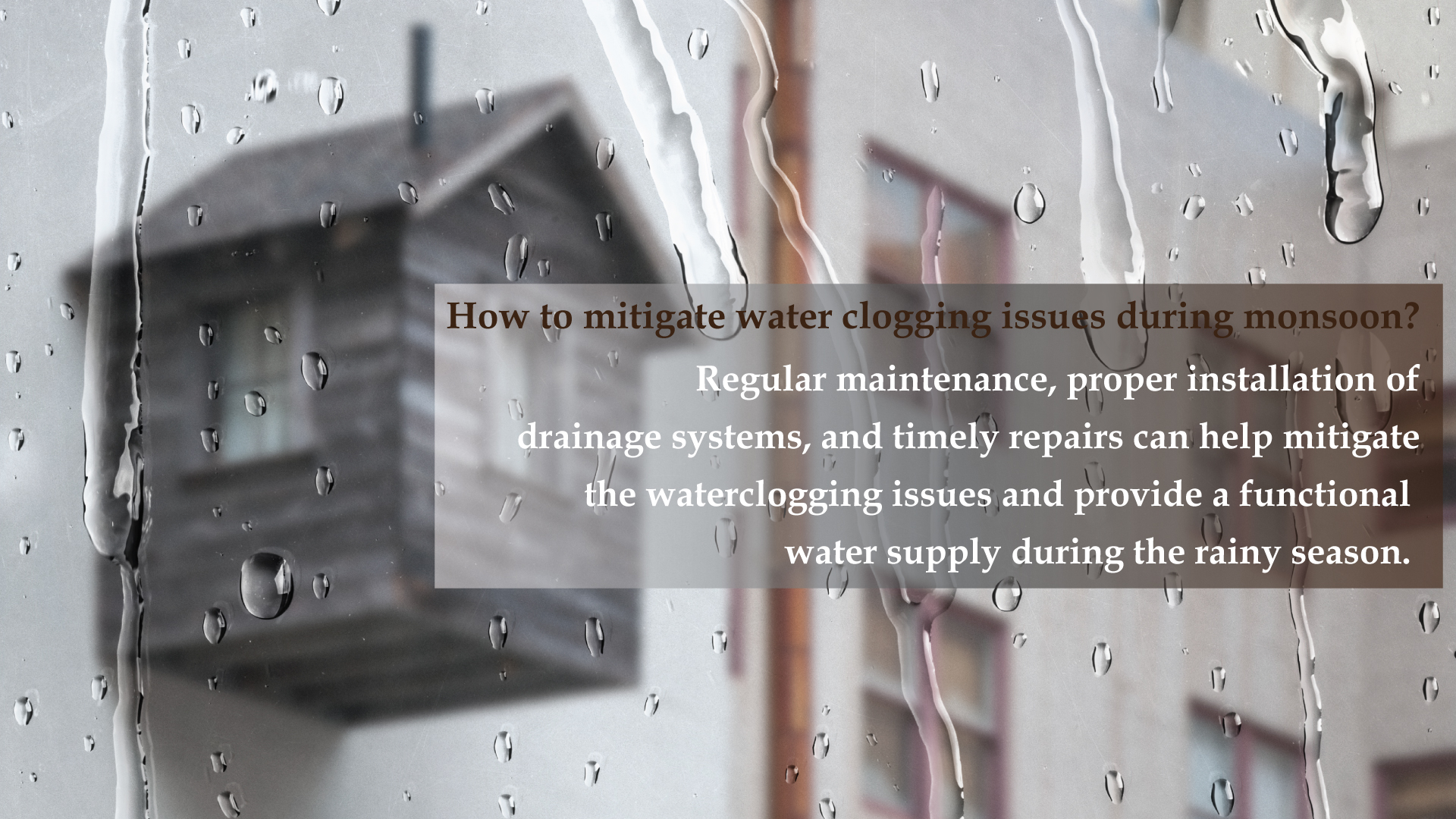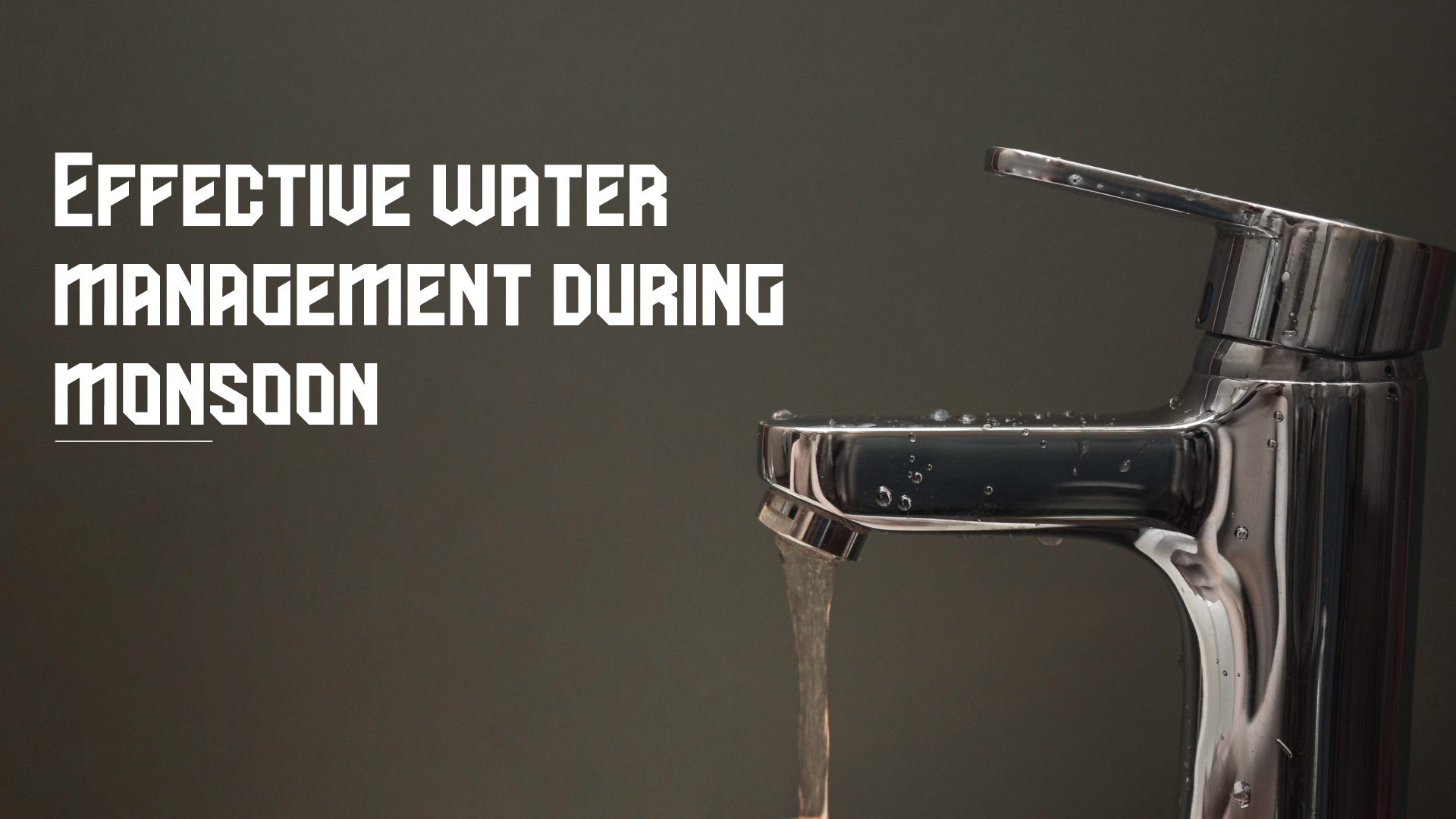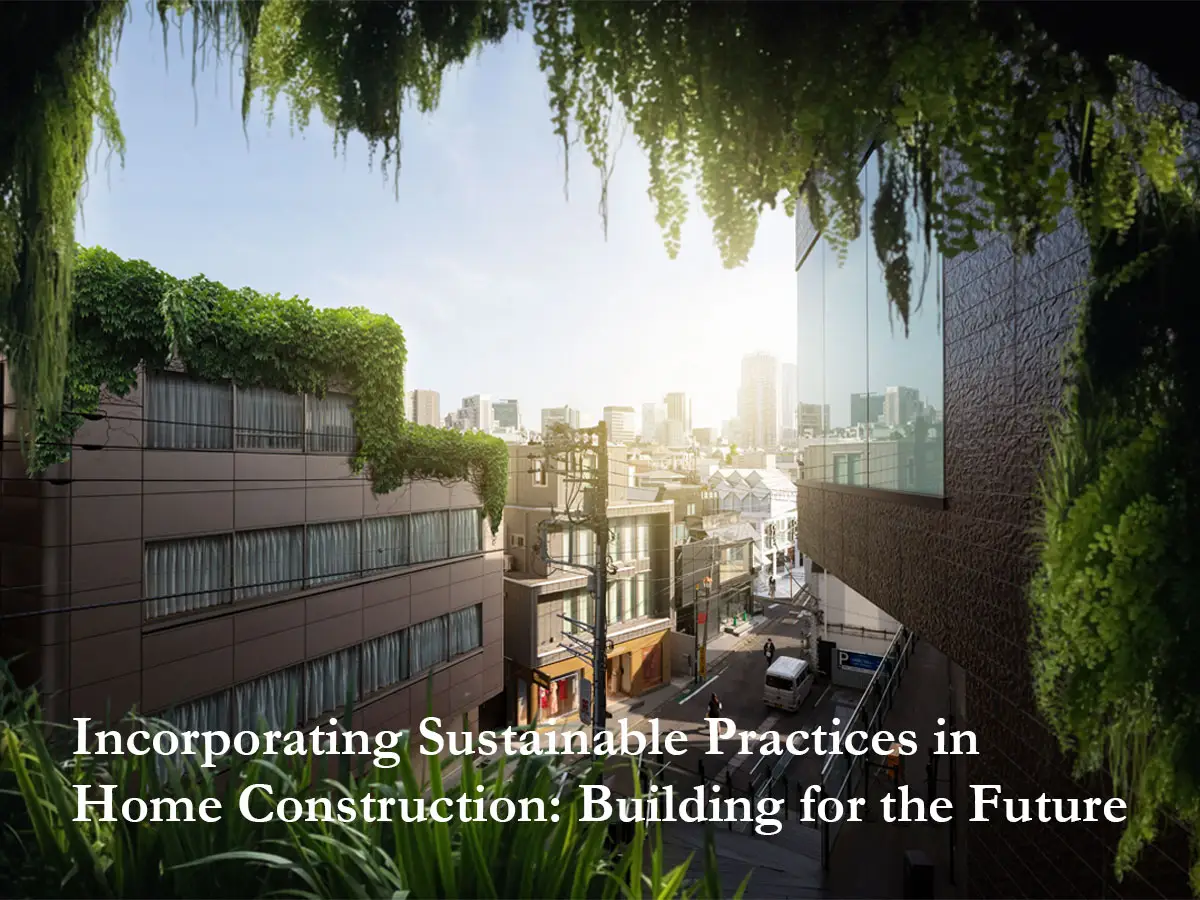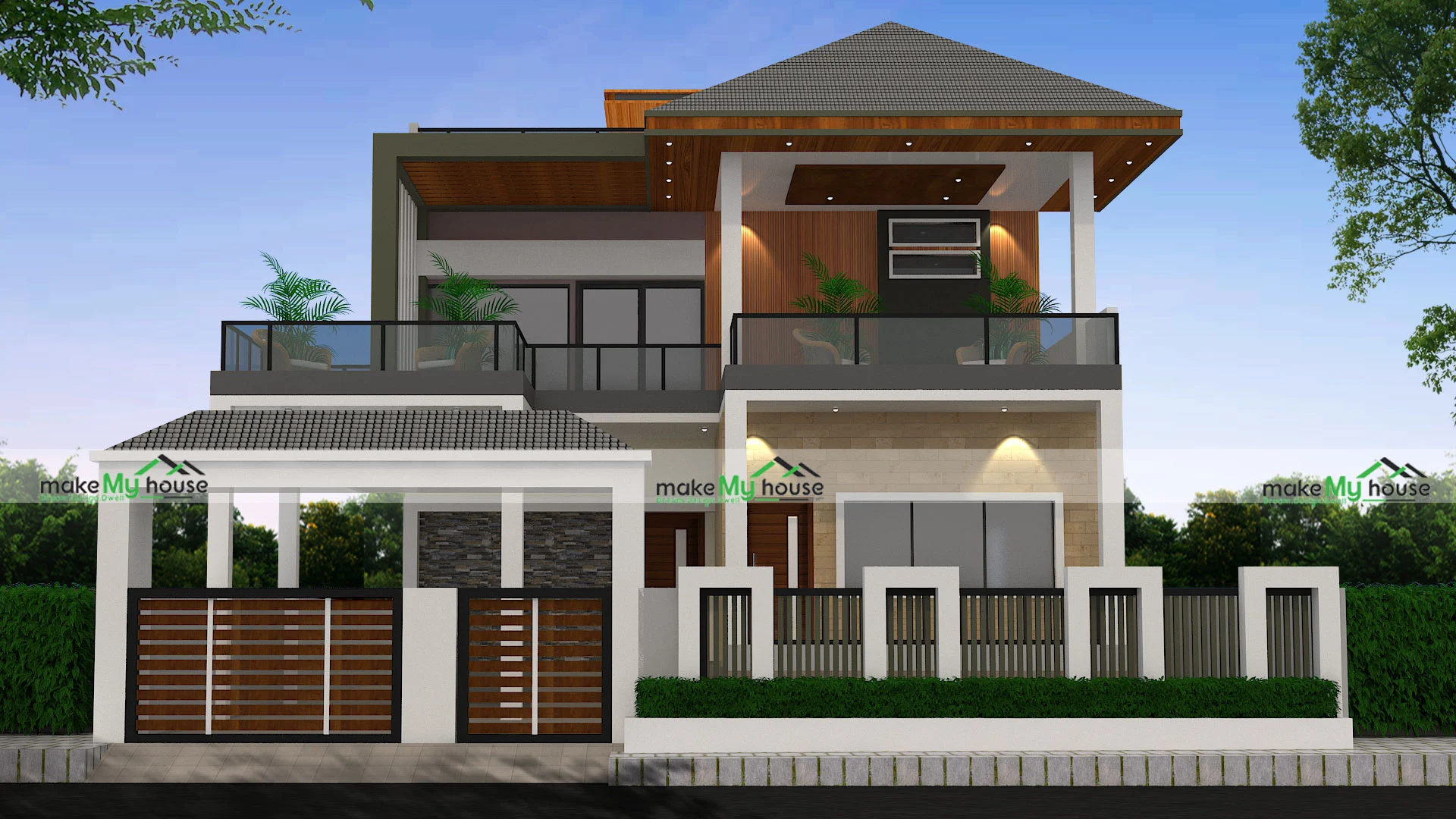Heavy rains can put a strain on drainage systems and plumbing infrastructure, leading to waterlogging, flooding, and other water-related issues. Due to the increased volume of water, there can be many drainage and plumbing problems like clogged drains, waterlogging, burst pipelines, and many more. It is necessary to be proactive in home improvement and address these problems promptly to prevent further damage and ensure the functionality of the water management system.
By implementing the right techniques and following best practices, you can ensure effective water management in and around your home. Regular maintenance, proper installation of drainage systems, and timely repairs can help mitigate water clogging issues and provide a functional water supply during the rainy season. The points listed below are detailed guidelines to maintain a smooth system and let you enjoy the season without any plumbing inefficiencies.
Various home improvement practices during monsoon
Regular gutter maintenance
Properly functioning gutters are crucial for directing rainwater away from your home’s foundation. Ensure that your gutters and downspouts are clear of debris, such as leaves and twigs, which can cause blockages. For home improvement, regular inspection and cleaning of the gutters is required to maintain optimal water flow and prevent overflow.
Install a rainwater harvesting system
Rainwater harvesting is an effective way to manage the abundance of water during the monsoon season. Consider installing a rainwater harvesting system that collects rainwater from your rooftop and channels it into storage tanks or underground reservoirs. This harvested water can be utilized for various non-potable purposes, such as watering plants or flushing toilets.
Check and repair drainage systems
For effective home improvement inspect the drainage systems around your property, including storm-water drains, catch basins, and culverts. Clear any obstructions that may impede the flow of rainwater. Additionally, repair any damaged or broken components to ensure efficient water drainage.
Proper grading and sloping
Ensure that the grading and sloping of your property are designed to facilitate water drainage away from buildings and structures. Ideally, the land should slope away from your home to prevent water from accumulating near the foundation. Consult with a professional if you need assistance in home improvement and adjusting the grading of your property.
Install French drains
French drains are effective in redirecting excess water away from your property. These drains consist of a trench filled with gravel or perforated pipes that help collect and channel water to a desired location. Consider installing French drains in areas prone to waterlogging or where surface runoff is a concern.
Secure basement waterproofing
Basements are particularly vulnerable to water seepage during the monsoon season. Ensure that your basement is properly waterproofed to prevent water intrusion. Home Improvement may include applying a waterproof coating to the walls and floors, installing a sump pump, or using waterproofing membranes. Consult with a professional to determine the most appropriate waterproofing solution for your basement.
Maintain plumbing fixtures and pipelines
Check your plumbing fixtures, such as faucets, toilets, and showers, for any leaks or drips. Fixing leaks promptly will help conserve water and prevent further damage. Additionally, inspect the pipelines for any signs of corrosion, cracks, or blockages. Consider scheduling a professional plumbing inspection to ensure the overall integrity of your plumbing system.

Raise electrical outlets
To prevent electrical hazards during heavy rains, ensure that electrical outlets and switches are installed at an elevated height from the floor. This precautionary measure protects against water contact and reduces the risk of electrical accidents.
Designing with waterproof materials
In areas prone to water exposure, consider using waterproof materials for flooring, walls, and other surfaces. Materials such as ceramic tiles, vinyl, or treated wood are resistant to moisture and less prone to water damage. Ensure that grout lines are properly sealed to prevent water penetration.
Install backwater valves
Backwater valves are mechanisms installed in drainage systems to prevent sewage backup into your home during heavy rainfall or flooding. This is an important home improvement practice to be followed during monsoon season. The backwater valves allow wastewater to flow out of the property but prevent water from flowing back in. Installing backwater valves can protect your home from potential sewage-related issues.
Conclusion
Regular maintenance, installation of appropriate systems, and incorporating waterproofing measures are key to preventing water-related issues and ensuring a safe and dry living environment. By following the above tips and seeking professional guidance for home improvement, you can confidently navigate the monsoon season with minimal disruptions and maximum water resilience. Embrace the monsoon season with confidence, knowing that your home is equipped to handle the challenges of heavy rainfall.
Frequently asked questions about home improvement practices during monsoon
Q: Can I install a rainwater harvesting system in an apartment or multi-story building?
A: Yes, rainwater harvesting systems can be installed in apartments and multi-story buildings. However, specific design considerations and professional expertise may be required to ensure effective water collection and storage.
Q: How often should I inspect my plumbing system for leaks and damage?
A: Regular plumbing inspections are recommended, especially before the monsoon season. It’s advisable to have a professional plumber inspect your system annually or whenever you notice any signs of leaks, drips, or plumbing issues.
Q: Are there eco-friendly drainage solutions for managing rainwater runoff?
A: Yes, several eco-friendly drainage solutions are available, such as permeable pavers, and rain gardens. These solutions promote the natural infiltration of rainwater into the ground, reducing the burden on drainage systems and promoting sustainable water management.
Q: Can I waterproof my basement myself?
A: While there are DIY basement waterproofing products available, it’s recommended to consult with a professional for more complex waterproofing projects. Professionals have the expertise to assess your specific basement needs and provide effective waterproofing solutions.
Q: How can I prevent mold and mildew growth in my bathroom during the monsoon?
A: To prevent mold and mildew growth in your bathroom, ensure proper ventilation by using exhaust fans or opening windows. Regularly clean and dry bathroom surfaces, including walls, floors, and shower curtains. Consider using mold-resistant paint or applying sealants in high-moisture areas.
Q: Are there any government incentives or subsidies for rainwater harvesting systems?
A: In some regions, there may be government incentives or subsidies available for installing rainwater harvesting systems. Check with local authorities or environmental agencies to inquire about potential financial support or tax benefits for implementing water conservation practices.












One thought on “Ensuring Effective Water Management during Monsoon”